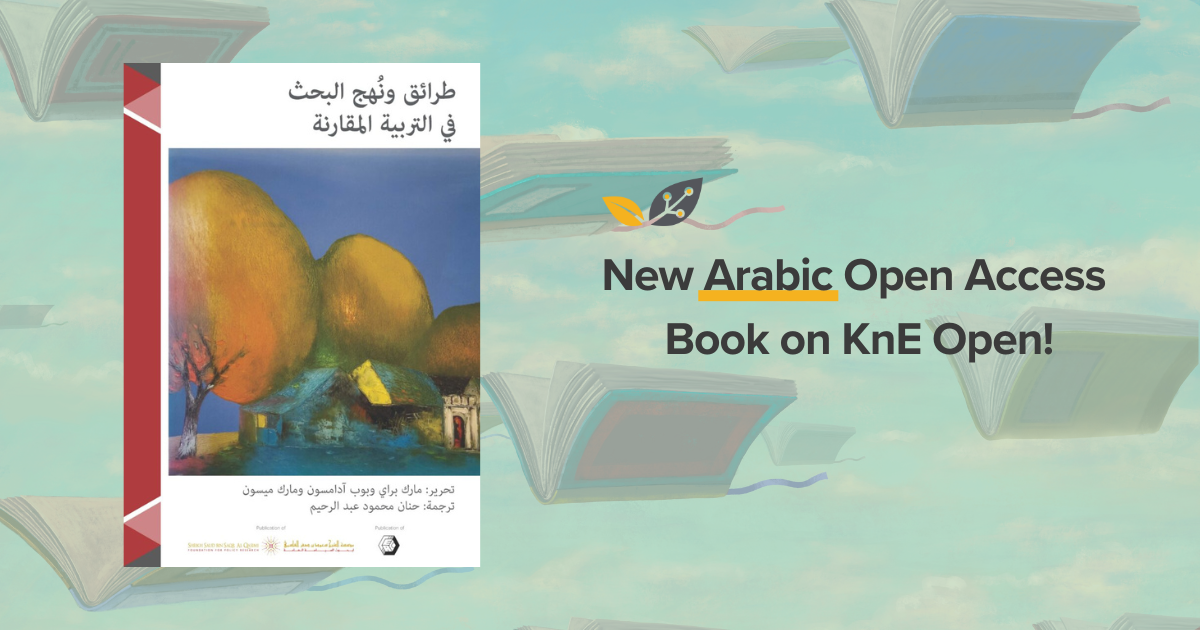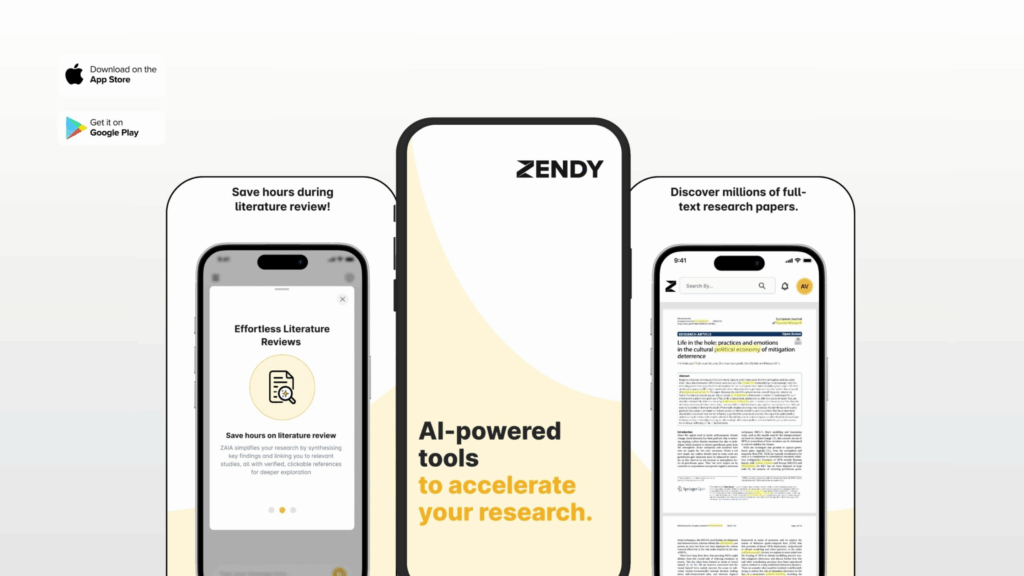
Knowledge E is proud to announce the Arabic translation and Open Access publication of “طرائق ونُهج البحث في التربية المقارنة” [Comparative Education Research: Approaches and Methods], a seminal work now available to a broader scholarly audience across the Arab world and beyond.
This comprehensive volume, a foundational text in education policy, offers a rigorous examination of how education systems, policies, curricula, and practices are studied and how they evolve with time across different countries as well as how they are adapted to different cultures. Readers will find in-depth discussions on quantitative and qualitative methodologies, the role of experience in research, and the complexities of comparing pedagogical practices, learning approaches, and organisational structures. The book also delves into specific dimensions of comparison, such as “Comparing Systems”, “Comparing Cultures”, “Comparing Values”, “Comparing Times”, and “Comparing Policies”. Each section is anchored in empirical data and conceptual clarity.
Featuring comparative tables on primary education statistics, school time allocation, curriculum ideologies, and literacy skill hierarchies, the book equips researchers and policymakers with the analytical means to understand and interpret global educational trends with precision and context.
The Arabic Open Access book is translated by Hanan Mahmoud Abdelrahim and published under the Creative Commons Attribution (CC BY-NC-ND 4.0) license, this edition ensures that the original content remains freely accessible for non-commercial use, sharing, and reproduction, provided that the work is credited and unaltered. The open-access release was made possible through the generous support of the Sheikh Saud bin Saqr Al Qasimi Foundation for Policy Research, in alignment with COPE guidelines on transparent funding.
Through this publication, Knowledge E affirms its commitment to advancing scholarly communication, knowledge equity, and global knowledge sharing because understanding how we educate our societies should never depend on the language we speak.
Looking to publish your own Open Access book?



